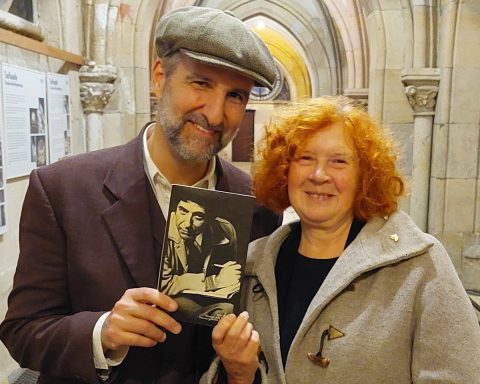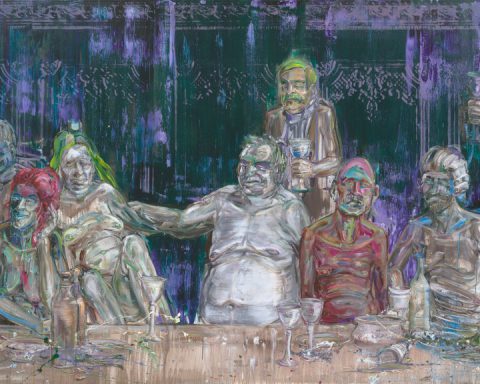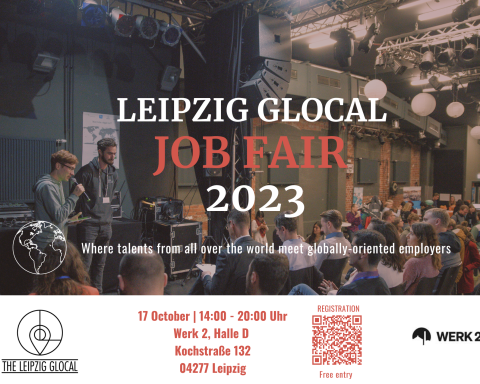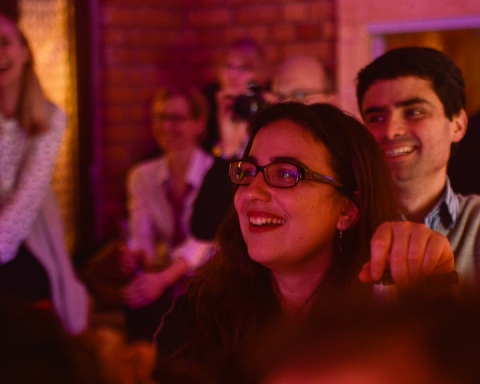There is no concept less tangible than a “literary contest.” The only tuning fork is the judge’s own heart, the litmus paper is her own unfathomable mind’s chemistry, the voltage limit, her nerves. A judge goes on blind multiple dates with stark naked texts, which do not even have the protective guise of their authors’ names. – Svetlana Lavochkina
Leipzig turns 1003 this year, and we are celebrating with a literary contest. Whilst the days are beautiful right now, we all know the best things happen at night. That’s what we want to read about: Leipzig nights.
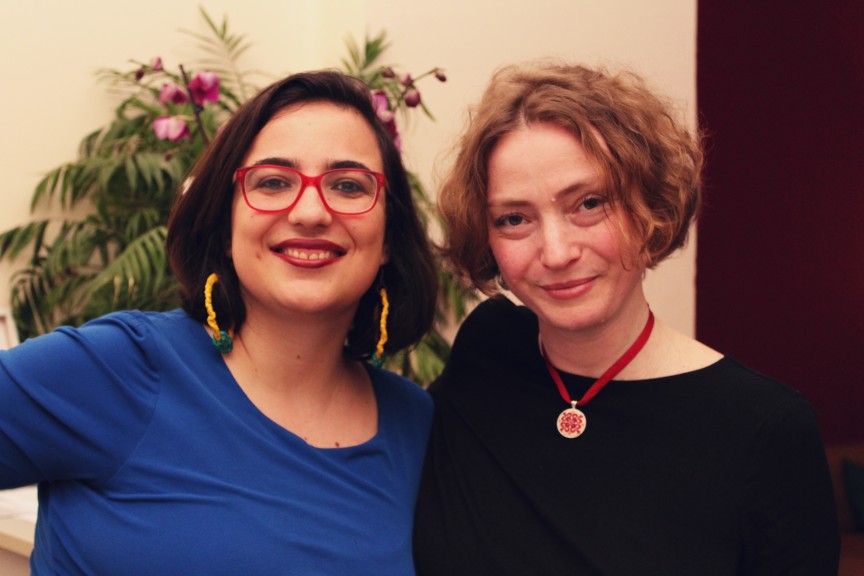
Let your imagination run wild, or use your own experiences. It just needs to relate to Leipzig in some way. You don’t even have to live here.
There are 3 categories:
- Micro fiction (500-1000 words)
- Non-fiction (500-1000 words)
- Poetry (max 30 lines)
Submission deadline: 1 August 2018
Submissions in English, German, Russian and Ukrainian will be accepted, since these are the languages of our literary judge, novelist Svetlana Lavochkina. She will choose one winner per category. Svetlana, for long a staple of the Leipzig international cultural scene, is the author of the critically acclaimed novel “Zap.”
Once you have submitted your work, it will receive a number before being forwarded to Svetlana. She will not know who the author is.
Svetlana warns of the subjectivity of the process, and asks that participants do not take it personally if they do not win – nor as a sign that their work is not worthy:
How do we decide if we like a potential candidate for a soulmate, business partner, paramour? We ask ourselves: do I like this voice? Does he or she sound witty? Am I forced to yawn during the conversation? How is the person dressed? Do I like his smell? Do I like courteous gentlemen or charismatic brutes? One man’s bread is another man’s poison. No rules. And this is the way a literary contest is judged. Unfair.
To tell the truth, even having been lucky at contests several times, I don’t quite believe it is a way of becoming famous, or, at least, seen. William Blake never participated in such a thing, having been known only to a twenty or so admirers. Kafka had considerable difficulties finding a publisher in his lifetime. Vice versa, the celebrated bestseller authors and contest winners, names are not necessary to be mentioned, end up in the blind gut of oblivion in a matter of a short spell of time. Fortune, destiny, doom are unfathomable, as are the origins and destinations of language itself.
When we asked her to give some guidelines of her own, here’s what she replied:
Many judges are asked what their expectations are. But I’ll abstain from enumerating any. I love work which is along the path I’m walking myself, and I can be equally fascinated by pieces which rub me the wrong way. We are polygamous beings, whatever we pretend face value. You don’t have to have ever visited Leipzig to win this contest – if I believe the story or get carried away by the flow of the poem – I’ll fall in love at first sight, like nineteen years ago, when I fell in love with Leipzig instantly. This city never ceases to fascinate me. So we are embarking on the quadrilingual literary celebration of 1003 Nights, by, hopefully, 1003 authors.
As for the 1003 literary prizes (well, not quite that many):
Winners will have their piece published in the original language alongside an English translation on The Leipzig Glocal. They will also be able to help themselves to an item of choice in the LeipGlo Spreadshirt shop.
And, to help the winners on their path to being published on a larger scale, Svetlana will critique a piece of creative writing up to 5,000 words, as well as give them valuable advice on getting published.
Winners will also be featured at an upcoming Cocktail Open Mic (organized bi-monthly at Baileo dance school).
Some final words of encouragement from Svetlana:
So what is a literary contest for at all? Winning the fancy of an arbitrary human being? Nonsense. Let us just see it as an adrenalin kick, a nudge from your muse, a challenge – and a declaration of love to Word, which is (not only biblically) believed to have been the initial bonfire of universe. Fire needs brushwood, or oil, or laborious rubbing of the flints – whatever the writers choose as their creative method. If you take it in the materialistic vein, we are all doomed to evolution, and writers are no exception. Today, one is judge, tomorrow a contestant. Last first, first last, we are in the endless whirlpool. At the end, whatever the results, each of us will have learned, will have nurtured the seminal fire that makes us human – for better or worse.
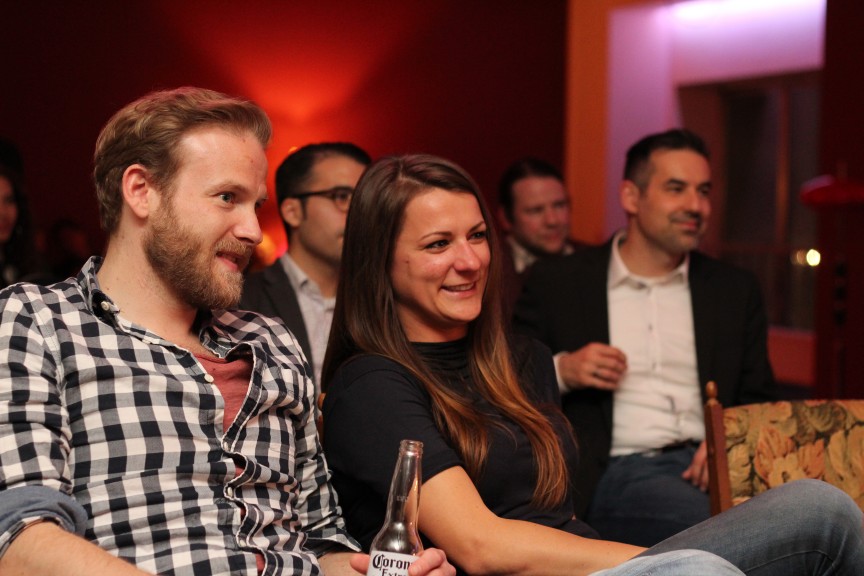
Send your submission to contact@leipglo.com in .doc, .docx, .odt, .ott, .rtf or .txt format.
The body of the email should have your name, country of origin and contact info, as well as the title of your piece.

